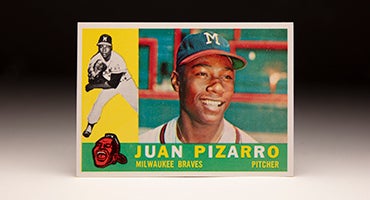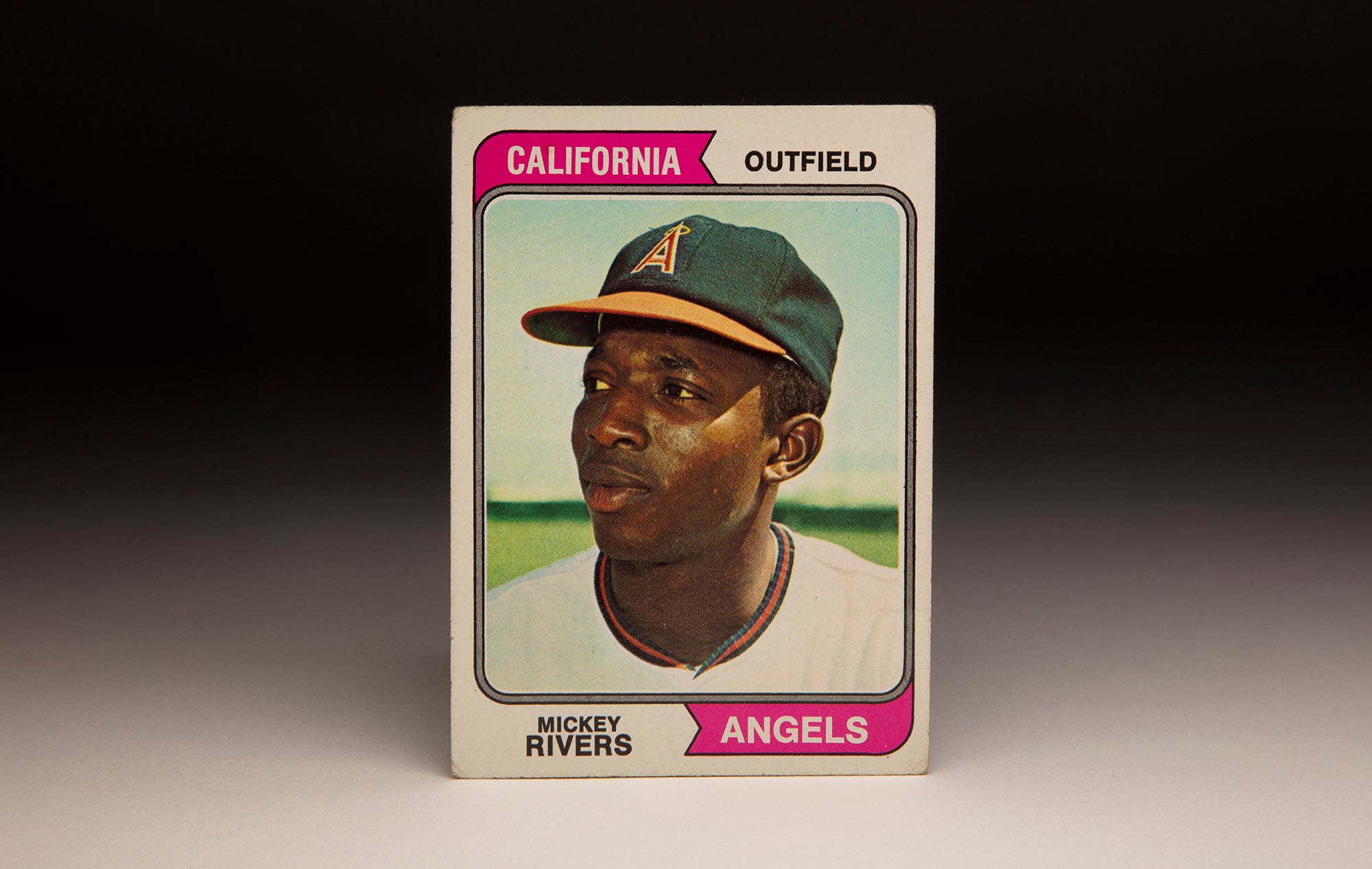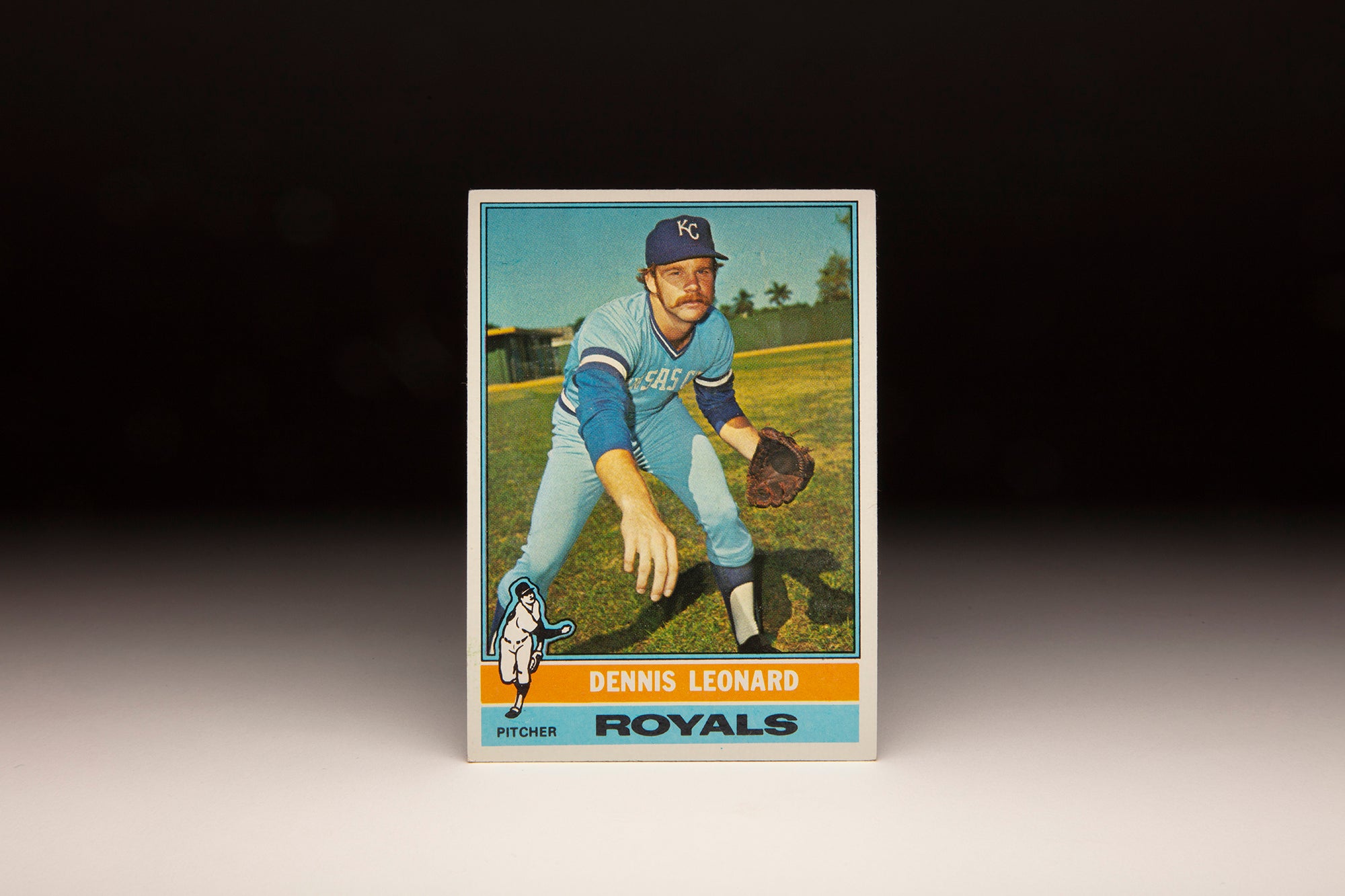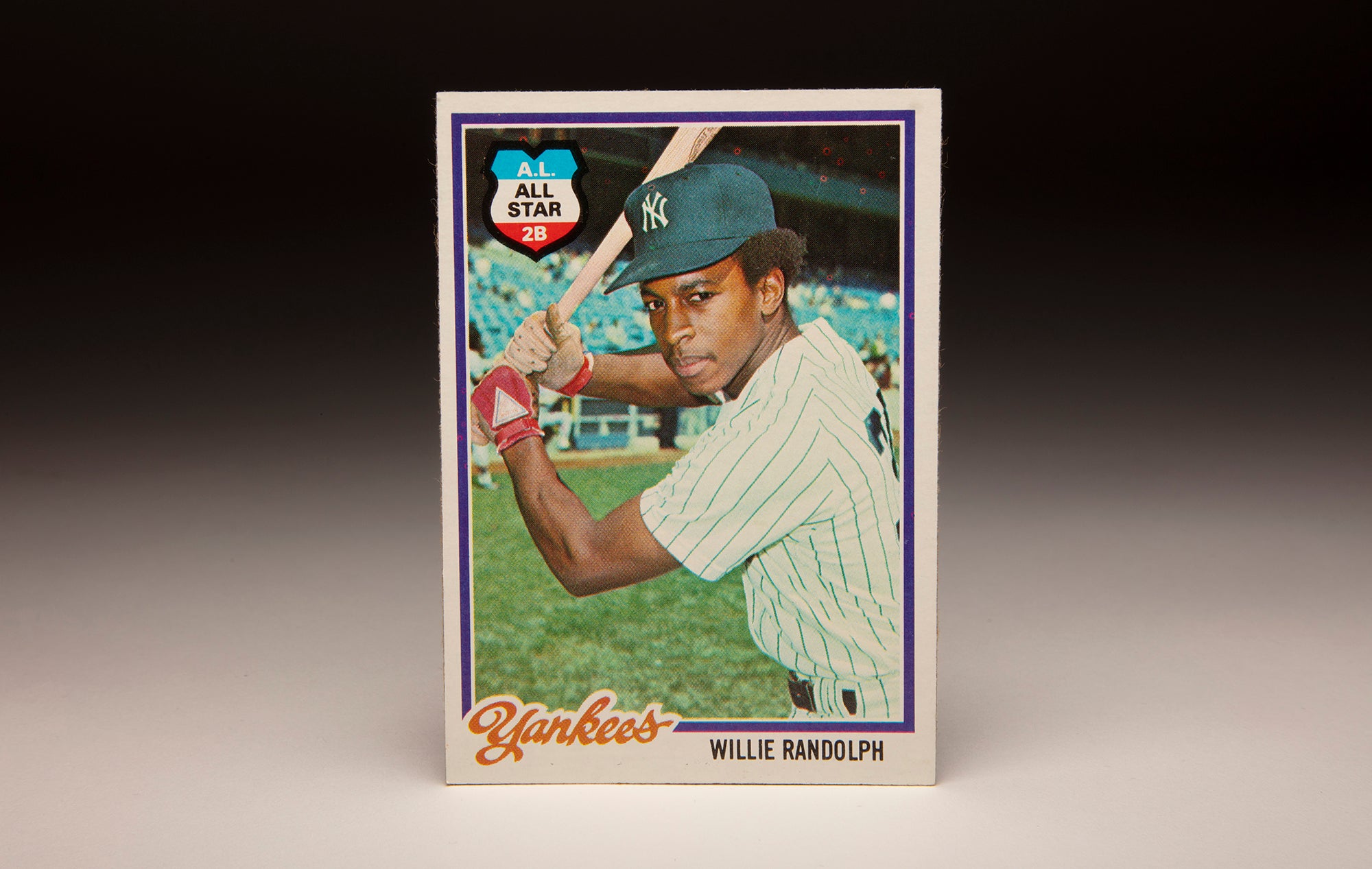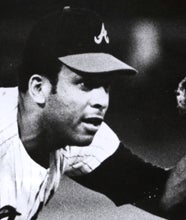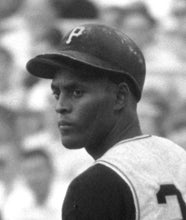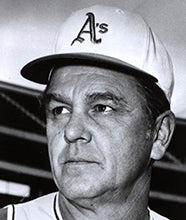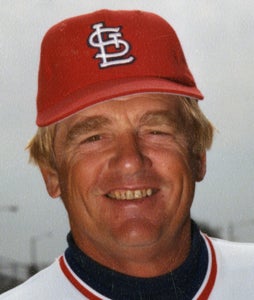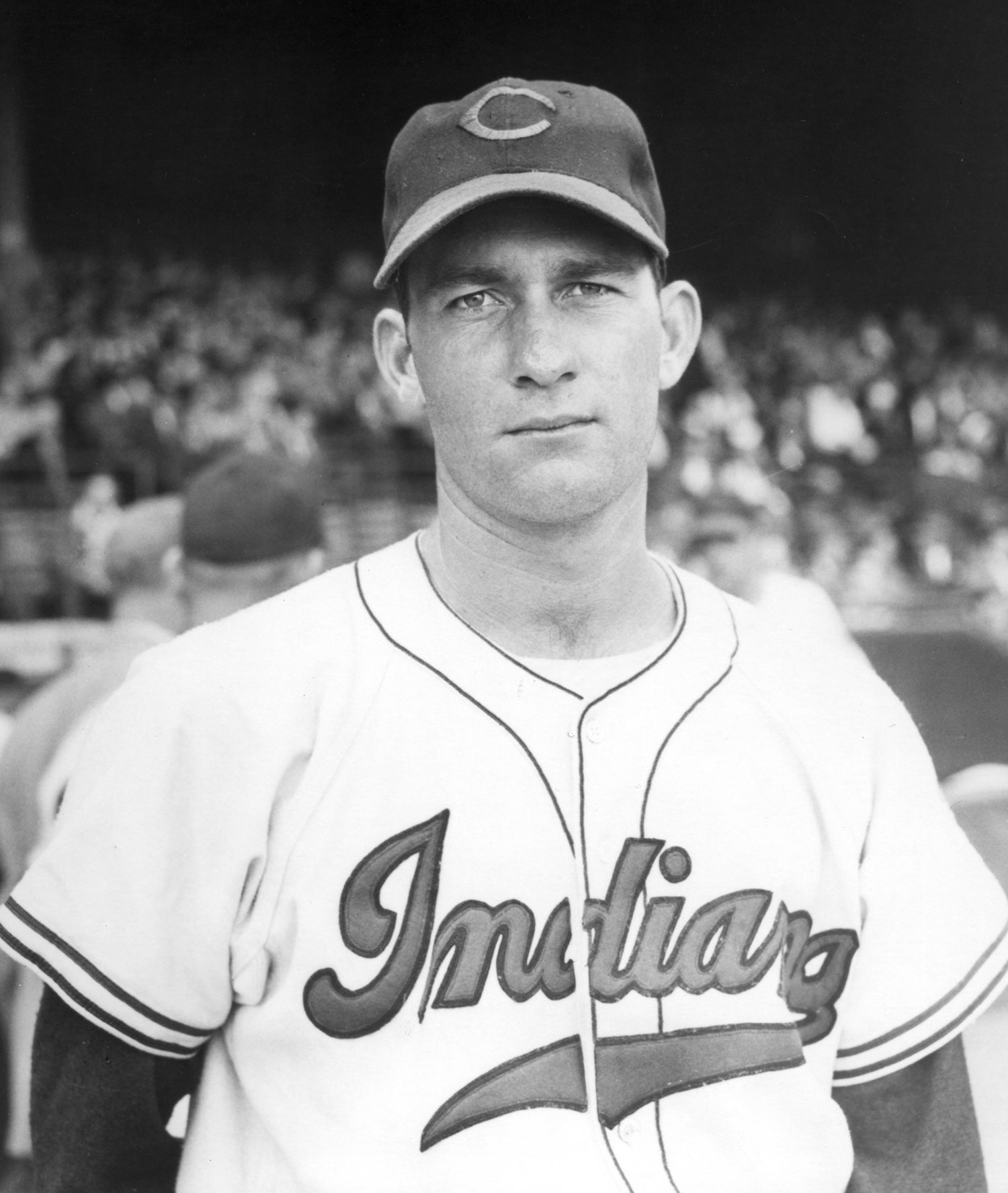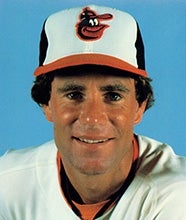- Home
- Our Stories
- #CardCorner: 1975 Topps Ed Figueroa
#CardCorner: 1975 Topps Ed Figueroa
The first Puerto Rican pitcher to post a 20-win season in the big leagues, Ed Figueroa took an unusual path to the majors that included a detour in Vietnam. And once he reached the game’s top level, he remained there for only eight seasons.
But for four years in the mid to late 1970s – including three with Yankees pennant winners – Figueroa was among the most successful pitchers in the game.
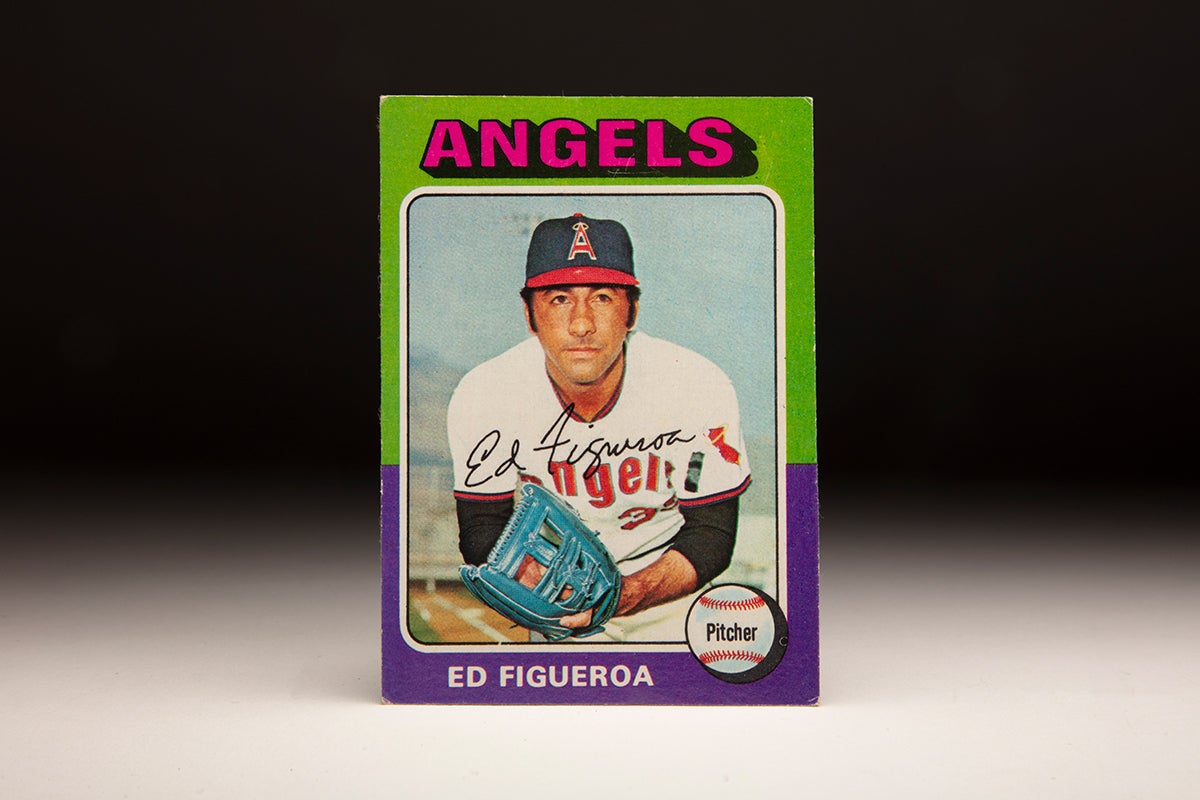
Eduardo Figueroa was born Oct. 14, 1948, in Ciales, Puerto Rico – a town in the central part of the island about an hour’s drive from San Juan. One of 10 children, Figueroa fell in love with baseball in grade school.
“It wasn’t easy for us,” Figueroa told the Fort Lauderdale News. “It was tough. We were a poor family.”
Growing up in Bayamon – just outside San Juan – Figueroa idolized Puerto Rican big leaguers Orlando Cepeda, Juan Pizarro and Roberto Clemente.
“We had a good Little League team and we went to play in Maine in a tournament and then we went to New York and saw the Yankees play,” Figueroa told the New York Times News Service in 1976. “I remember the Yankees were losing and Mickey Mantle, Tom Tresh and I think Bobby Richardson hit three straight home runs to win the game. I dreamt about playing for the Yankees but I never believed I would.”
At age 17, Figueroa signed with the Mets on July 12, 1966. He made four appearances with the team’s minor league outposts in the Appalachian League and Western Carolinas League that year, then excelled for Winter Haven of the Florida State League in 1967 – going 12-5 with a 2.05 ERA while fanning 123 batters in 176 innings.
But Figueroa pitched in just seven games for Raleigh-Durham of the Carolina League in 1968. He had to return home to Puerto Rico to take a physical to determine his military eligibility, and when he returned stateside, he hurt his arm. The Mets released him on June 30 and the Marines soon called him up to active duty.
Figueroa spent most of 1969 in Vietnam. When he returned in 1970, Figueroa was uninterested in resuming his path to the big leagues.
“I was ready to play in the Mexican League,” Figueroa told the Newark Star-Ledger in 1976. “But (legendary Puerto Rican scout Pedrín) Zorrilla told me to try one more time. He got me $600 a month to pitch for the Giants’ minor league team in Decatur (Ill.). If not for him, I would never be here now.”
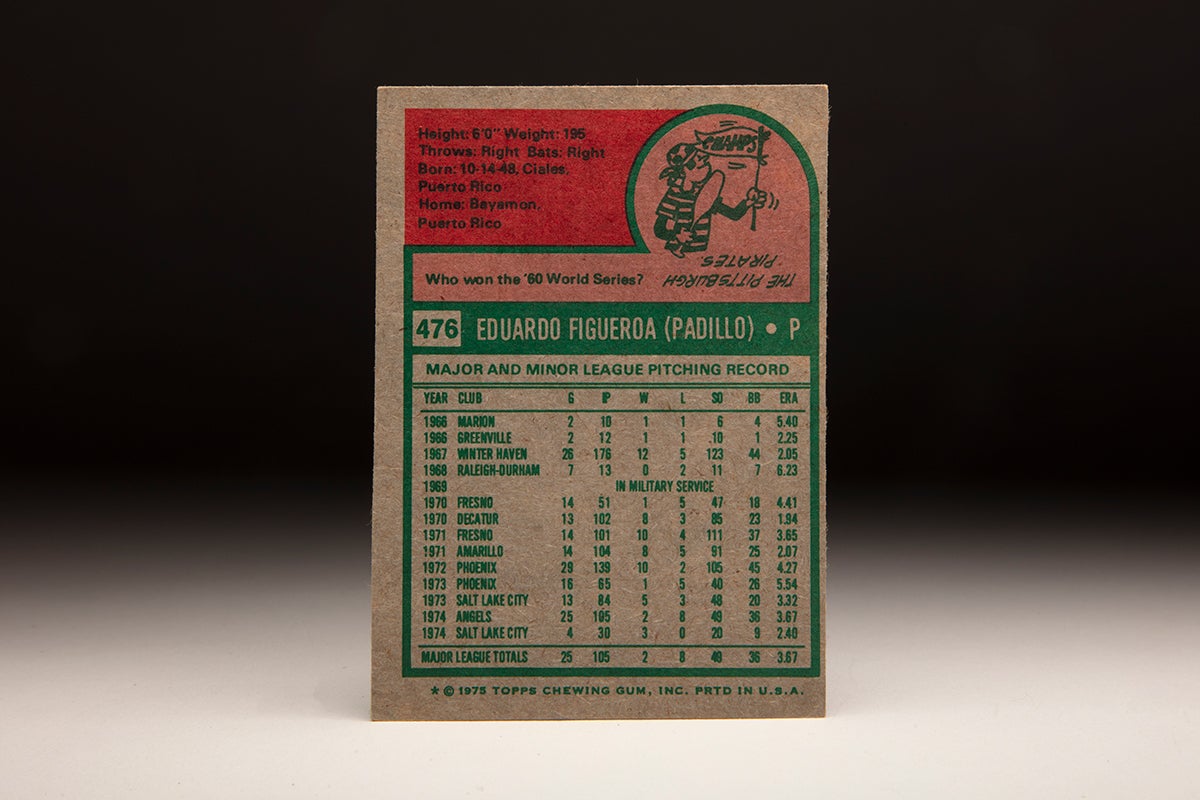
The Giants signed Figueroa on Feb. 21, 1970, and he went 8-3 with a 1.94 ERA over 102 innings for the Decatur Commodores before earning a promotion to Fresno of the California League. In 1971, Figueroa was a combined 18-9 over 205 innings with Fresno and Double-A Amarillo. Then in 1972, Figueroa was 10-2 over 139 innings for Triple-A Phoenix during a year when he left the team to attend to a family matter in Puerto Rico.
After starting the 1973 campaign back in Phoenix, Figueroa was traded to the Angels on July 6, 1973, for shortstop Bruce Christensen and pitcher Don Rose.
“I drove from Phoenix to Salt Lake City. It took 12 hours but I was happy,” Figueroa told the Star-Ledger. “I wanted to go away from the Giants organization. I figured the Angels would give me a chance.”
After finishing the 1973 season with Salt Lake City, Figueroa earned a bullpen job with the Angels in 1974. Figueroa, however, longed to be a starter, and he was sent back to Triple-A. But when Dick Williams replaced Bobby Winkles as Angels manager that summer, Figueroa got his chance in the rotation. He made his first big league start on July 6 vs. Cleveland, allowing one run over nine innings in a hard-luck 1-0 loss. He shut out the Red Sox in his next start and took regular turns in the rotation the rest of the year, finishing 2-8 with a 3.67 ERA in 105.1 innings.
In 1975, Williams wanted Figueroa to pitch out of the bullpen but Figueroa asked to be sent back to Triple-A as a starter. After two wins in two games with Salt Lake City, Figueroa was recalled and allowed one run (none earned) in his first start back on April 27 – a 9-1 win over Oakland. He remained in the rotation the rest of the season, finishing 16-13 with a 2.91 ERA over 244.2 innings for an Angels team that scored just 628 runs all season en route to a 72-89 record.
“He’s not an overpowering pitcher,” Angels coach John Roseboro told the San Bernardino (Calif.) Sun-Telegram of Figueroa, whose specialty was a sinker/slider mix. “In fact, he’s the kind of guy you go 0-for-4 against and wonder why.”
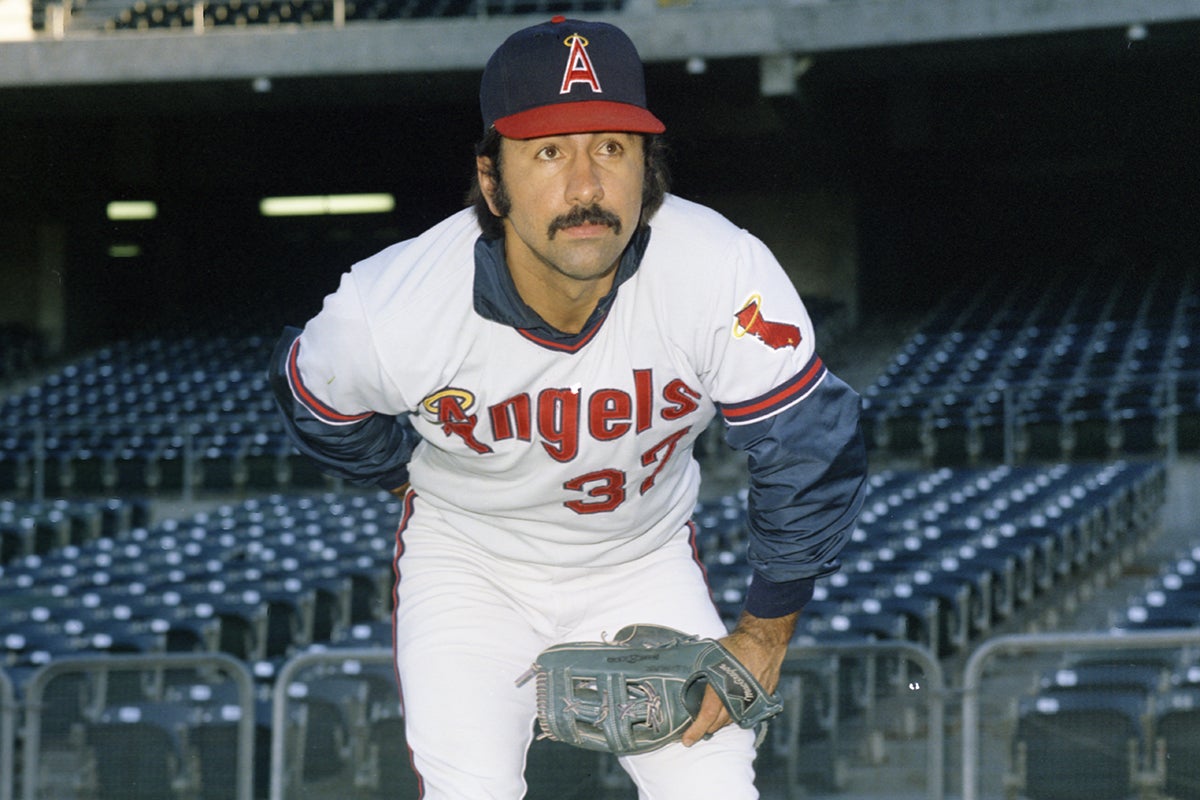
But Figueroa’s time with the Angels was coming to an end. The lack of run production in 1975 led Angels general manager Harry Dalton to prioritize power – the 1975 Angels hit only 55 home runs – on his offseason shopping list. On Dec. 11, 1975, Dalton packaged Figueroa and Mickey Rivers in a trade to the Yankees that returned slugging outfielder Bobby Bonds.
With Figueroa on hand, Yankees general manager Gabe Paul then traded starting pitcher Doc Medich to the Pirates in exchange for pitchers Ken Brett and Dock Ellis and a promising second baseman named Willie Randolph.
Suddenly, the Yankees had the personnel they needed to reclaim the American League pennant.
“Near the end of the (1975) season, Harry Dalton asked me what the team needed and I told him a power hitter,” Figueroa told the New York Times News Service. “Two months later, I was traded.”
It was a trade that made Figueroa a household name in New York.
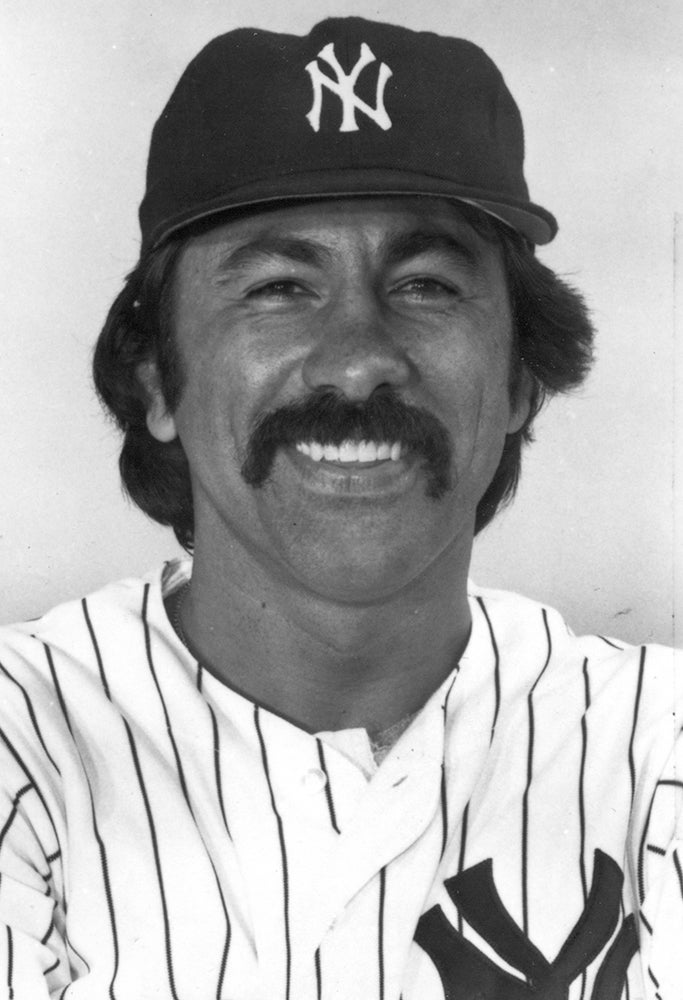
Figueroa started the Yankees’ second game of the 1976 season and threw a shutout in his second appearance of the year, blanking the Twins on six hits on April 17. He won six straight decisions from mid-July to mid-August to improve to 15-6 and was poised to become the first Puerto Rican to win 20 games in the big leagues. With a 19-8 record following 10 innings where he allowed just one earned run against the Brewers on Sept. 17, Figueroa had three scheduled starts remaining. Puerto Rican news crews made trips to New York to document what would be the historic victory, and the island was abuzz with talk of their new national hero.
But Figueroa dropped a 5-2 decision to Baltimore on Sept. 22 and was hit hard against Boston six days later, allowing 15 hits and seven runs over eight innings in a 7-5 loss. With one start against Cleveland remaining, Figueroa lost his chance when the game was rained out.
“Everything seemed to go against me at the end,” Figueroa told the Herald-News of Passaic, N.J.
But even without the milestone victory, Figueroa was still the top winner on a pitching staff that carried the Yankees to their first postseason appearance since 1964. Waiting for them in the ALCS, however, were the Royals and their star third baseman George Brett. This did not bode well for Figueroa, who surrendered 11 consecutive hits to Brett in 1975 alone. Brett sported a .652 batting average (15-for-23) against Figueroa after the 1976 regular season and would finish his career hitting .610 (25-for-41) vs. the right-hander whose cross-body pitching motion gave an advantage to lefty hitters like Brett.
Figueroa started Game 2 of the series, surrendering four runs over 5.1 innings, including a triple and a sacrifice fly to Brett. Kansas City won 7-3 to even the series at a game apiece, and Figueroa returned to start the deciding Game 5 contest at Yankee Stadium. Though he gave up three runs over the first two innings – with Brett hitting a double – Figueroa carried a 6-3 lead into the eighth inning before Al Cowens led off with a single, prompting Yankees manager Billy Martin to pull Figueroa in favor of Grant Jackson. After Jim Wohlford singled Cowens to second, Brett hit a three-run homer to tie the game at six, leaving Figueroa with a no-decision.
The Yankees, however, would win the game in the bottom of the ninth on a walk-off home run by Chris Chambliss. And while Figueroa did not get the win, his gutty performance put the Yankees in position to advance to the World Series.
“Sure, I made a mistake with Figueroa,” Royals manager Whitey Herzog, who was the Mets’ director of player development in 1968 when Figueroa was released, told the Star-Ledger during the 1976 ALCS. “I saw so many players that I had to be wrong about a few of them. A lot of other people let Figueroa get away, too, not just me. He turned into one helluva pitcher.”
Figueroa made one start in the World Series against the Reds. The Yankees trailed three-games-to-none when he took the mound in Game 4, and Figueroa allowed an RBI single to George Foster and a two-run homer to Johnny Bench in the fourth inning to give Cincinnati a 3-1 lead. The Reds led 3-2 entering the top of the ninth with Figueroa still in the game, but he walked the first two batters before Martin brought in Dick Tidrow. After Foster flew out to center field, Bench followed with a three-run homer that put the game out of reach and left Figueroa with five earned runs allowed over eight-plus innings.
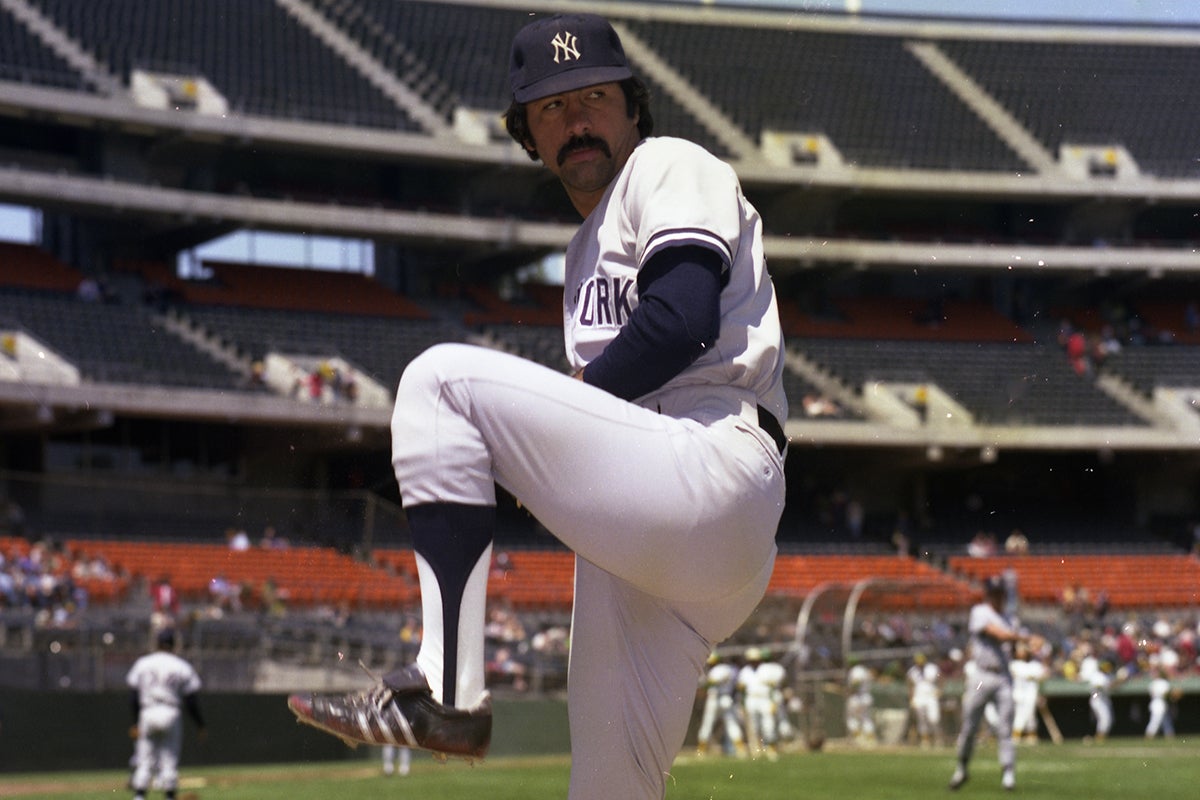
Yankees owner George Steinbrenner dove head-first into the inaugural free agent class that winter, bringing in Reggie Jackson and Don Gullett to try to get his team over the hump. Steinbrenner also signed Figueroa to a four-year deal worth a reported $600,000.
But tensions were rising between the fiery Martin and easygoing Figueroa, who once again started the team’s second game of the season. He had a 9-7 record at the All-Star break but went 7-4 in the second half – including four wins in September – to finish 16-11 with a 3.57 ERA, leading the team in victories (finishing tied with Ron Guidry).
But Figueroa struggled in his ALCS start vs. the Royals in Game 4, allowing four earned runs over 3.1 innings in a game New York won 6-4 when Sparky Lyle pitched 5.1 shutout innings in relief. The Yankees then won Game 5 to advance to the World Series against the Dodgers.
Figueroa, however, was battling a pinched nerve in the index finger of his right hand and did not pitch in the first five games. With the Yankees leading 3-games-to-2, Martin said after Game 5 that Figueroa would pitch Game 6. But only a few feet away in the Yankees clubhouse, Figueroa reportedly told the media: “They say I’m OK to pitch (in Game 6) but I don’t say so. I’m not ready. I still have a problem with my finger.”
Martin immediately announced that Mike Torrez would start Game 6, and on the plane home from Los Angeles, Figueroa asked Martin if he could go home to Puerto Rico since he was not going to pitch. Figueroa then left the team on the off day between Games 5 and 6 but returned the next day.
“I thought about it and decided (leaving) would be a bad move on my part,” Figueroa told reporters. “It wouldn’t look good and even though I don’t want to play for the Yanks next year, I want to be part of the club until the series is over.”
The Yankees won Game 6 on the strength of Reggie Jackson’s three home runs, clinching their first title since 1962. But Figueroa could hardly celebrate, as he now told the media that he was expecting to start Game 6 and that Martin had lied to him.
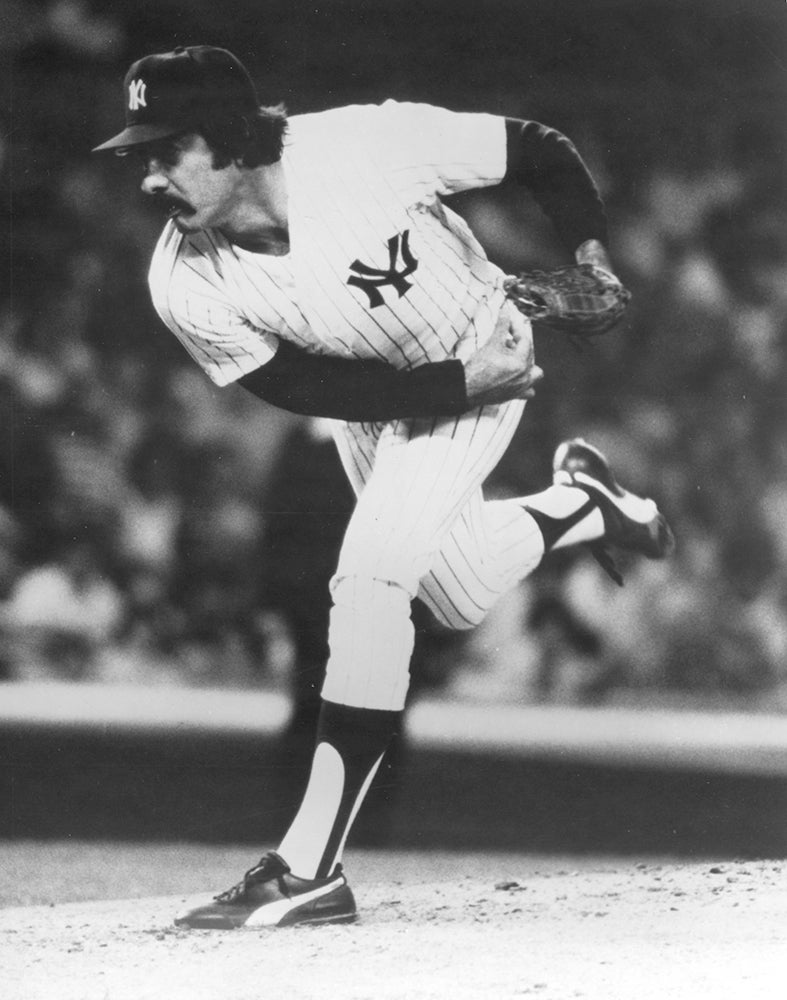
The Yankees began the 1978 campaign with another new batch of free agents, including reliever Goose Gossage, and Figueroa again started the season’s second game. Figueroa was 9-7 and the Yankees were buried in the AL East behind the Red Sox when Martin resigned on July 24 and was replaced by Bob Lemon. It was a move that saved the season for both Figueroa and the Yankees.
“Billy would always come out and tell me how to pitch a hitter and he’d mix me up,” Figueroa told the Herald-News. “He screwed up my concentration. He blew my mind. Billy blamed the players too much.
“Lem lets me pitch my game. And he gives me a chance to pitch every fourth day. He doesn’t lie to me.”
Lemon, in turn, reaped the benefits of a confident Figueroa.
“He knows what he’s doing out there,” Lemon told the Herald-News. “He’s a smart pitcher. He can be pitching around a guy and the guy doesn't even know it.”
Figueroa was 13-9 through August before winning seven of his eight starts in September, reaching the elusive 20-win mark. The Yankees caught the Red Sox and defeated Boston in a one-game playoff to win the division.
Figueroa started Game 2 of the ALCS vs. the Royals but did not escape the second inning, allowing a run in the first (Brett, who led off with a single, scored on a sacrifice fly by Darrell Porter) and three more in the second before being lifted in favor of Tidrow. The Royals won that game 10-4, which turned out to be their only win of the series as the Yankees once again advanced to the Fall Classic.
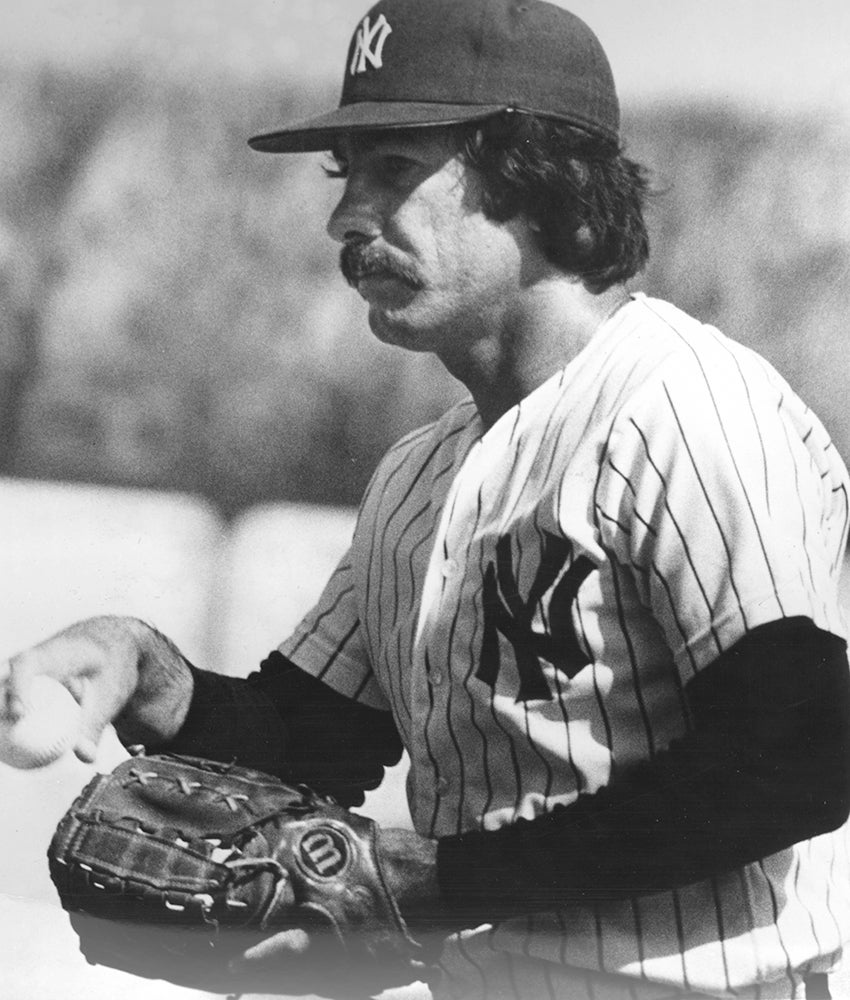
Figueroa stared two games in the World Series against the Dodgers, taking the loss in Game 1 after allowing three runs over 1.2 innings before rebounding in Game 4 while permitting three runs over five innings. He got a no-decision in the Yankees’ 4-3 victory in a game New York won in the bottom of the 10th on an RBI single by Lou Piniella.
The Yankees won the World Series in six games, giving Figueroa his second ring and wrapping up a stellar four-year stretch where only two American League pitchers – Jim Palmer (86) and Dennis Leonard (73) – had more wins than Figueroa (71).
“Nobody cares about that,” Figueroa told the Herald-News toward the end of the 1978 campaign. “I don’t know why.”
But Yankees fans cared in 1979 when pain in his pitching elbow limited Figueroa to 16 starts – he started the team’s second game of the season for the fourth straight year – before he underwent surgery in August to remove bone chips. He finished with a 4-6 record and the Yankees slid to fourth place.
Then in 1980, Figueroa found his sinker lacked the usual snap. He was dropped from the rotation in late April before returning in June but never found his old form. On July 22 – with his record at 3-3 and sporting a 6.98 ERA – the Yankees designated Figueroa for assignment. Six days later, his contract was sold to the Rangers.
“I didn’t have the opportunity go out there and get my stuff together,” Figueroa told Newsday after he was designated for assignment. “I think I can go someplace else and if I pitch every four or five days, I think I can do the same thing I did here. That’s what I want to do. That’s what I’m going to do.”
But not everyone agreed with Figueroa.
“Our pitching staff,” Steinbrenner told Newsday during a rough patch for Yankees hurlers, “looked like it had nine Ed Figueroas on it.”
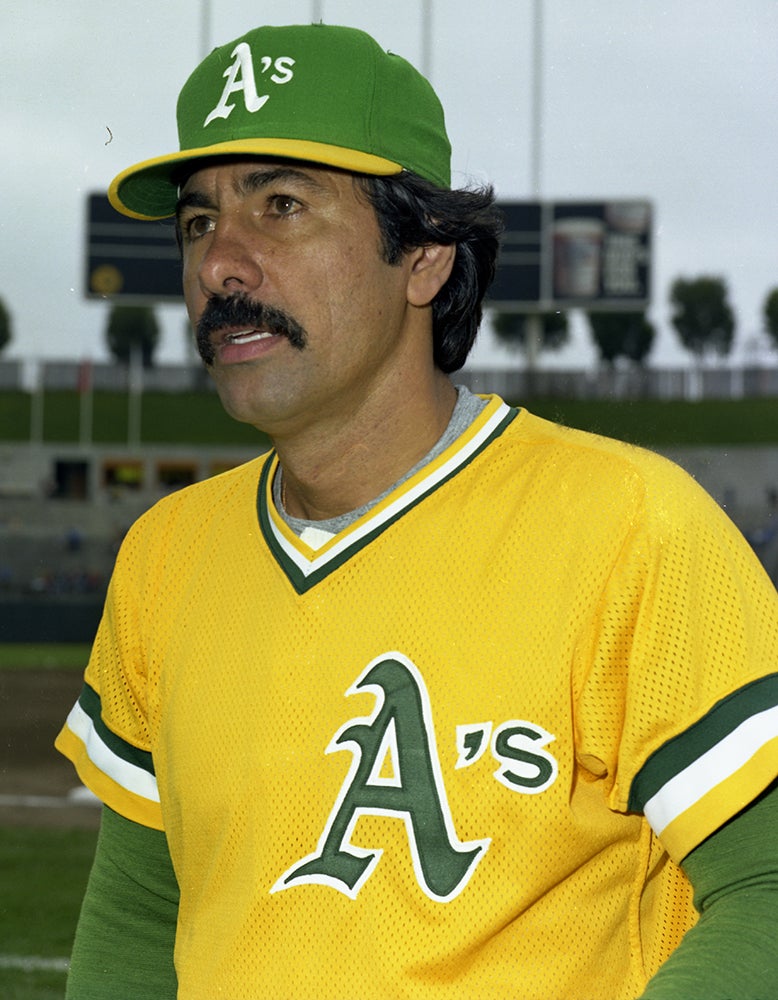
Figueroa made eight starts for the Rangers down the stretch in 1980 and went 0-7 with a 5.90 ERA, striking out just nine batters over 39.2 innings. The Rangers brought him to Spring Training in 1981 but used him only in reserve roles in exhibition games, giving Figueroa a clear signal that he was not in their plans.
“First time in 10 years I’m a back-up pitcher,” Figueroa told the Fort Lauderdale News. “It bothers me inside. They promised me a chance to make the club but they haven’t given me a chance. But I’m still here fighting for the big leagues. I don’t care where it is, but I’m going to stay.”
The Rangers sent Figueroa to Triple-A Wichita, where he posted a 7.83 ERA in six games before being released on May 25. A week later, he signed with the Athletics – rejoining Billy Martin, who was now Oakland’s manager. But he appeared in just two games for Oakland – the final two games of his big league career.
Figueroa pitched in the minors for the Athletics in 1982 and in the Mexican League in 1983 before appearing in the Senior Professional Baseball Association during its inaugural 1989-90 season. He finished with an 80-67 record and 3.51 ERA in eight big league seasons, earning Cy Young Award votes in both 1976 (fourth) and 1978 (seventh) and even garnering a few votes in the 1976 AL Most Valuable Player Award balloting.
Following his career, Figueroa owned businesses in Puerto Rico and remained a beloved figure there due to his time pitching in the Puerto Rican Winter League. But it was his time with the Yankees that made Figueroa one of the biggest heroes in Puerto Rican baseball history.
“It’s nice to be with a winning team that makes the playoffs,” Figueroa said in 1981 when his career was winding down with the Rangers. “It makes you work harder.”
Craig Muder is the director of communications for the National Baseball Hall of Fame and Museum

